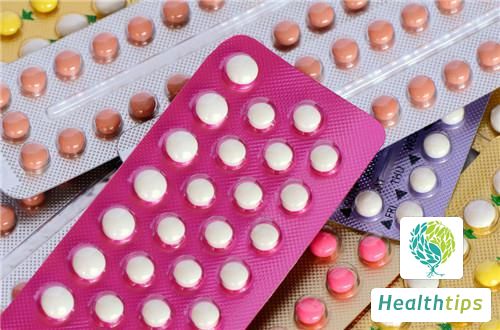Progesterone deficiency can be treated with medication under the guidance of a doctor, such as injection of progesterone or chorionic gonadotropin. In addition to medication, dietary adjustment should also be paid attention to, which can also play a good adjuvant role in treatment. Moreover, sufficient sleep should be guaranteed to facilitate endocrine balance.
 1. If a woman has progesterone deficiency, it is likely to lead to menstrual disorders, which is not conducive to the implantation of the fertilized egg after pregnancy. If a woman suspects abnormal progesterone secretion, she should go to the hospital for fasting blood tests to understand the specific progesterone secretion status. Then, targeted supplementation can be carried out after the doctor makes a diagnosis and evaluation based on the test results.
2. If progesterone deficiency has been confirmed through examination, periodic treatment should be carried out under the guidance of a doctor through correct treatment methods. Strict adherence to the dosage and course of medication prescribed by the doctor is required, and the dosage and course of treatment cannot be changed randomly during this period. Additionally, traditional Chinese medicine or prepared decoctions can be used for conditioning after consultation with a traditional Chinese medicine doctor.
3. During treatment and conditioning, women should also pay attention to their diet and eat more foods rich in estrogens, such as beans, grains, green leafy vegetables, dairy products, honey, and royal jelly. At the same time, sufficient sleep should be ensured, and staying up late should be avoided to maintain a normal endocrine state.
1. If a woman has progesterone deficiency, it is likely to lead to menstrual disorders, which is not conducive to the implantation of the fertilized egg after pregnancy. If a woman suspects abnormal progesterone secretion, she should go to the hospital for fasting blood tests to understand the specific progesterone secretion status. Then, targeted supplementation can be carried out after the doctor makes a diagnosis and evaluation based on the test results.
2. If progesterone deficiency has been confirmed through examination, periodic treatment should be carried out under the guidance of a doctor through correct treatment methods. Strict adherence to the dosage and course of medication prescribed by the doctor is required, and the dosage and course of treatment cannot be changed randomly during this period. Additionally, traditional Chinese medicine or prepared decoctions can be used for conditioning after consultation with a traditional Chinese medicine doctor.
3. During treatment and conditioning, women should also pay attention to their diet and eat more foods rich in estrogens, such as beans, grains, green leafy vegetables, dairy products, honey, and royal jelly. At the same time, sufficient sleep should be ensured, and staying up late should be avoided to maintain a normal endocrine state.




















